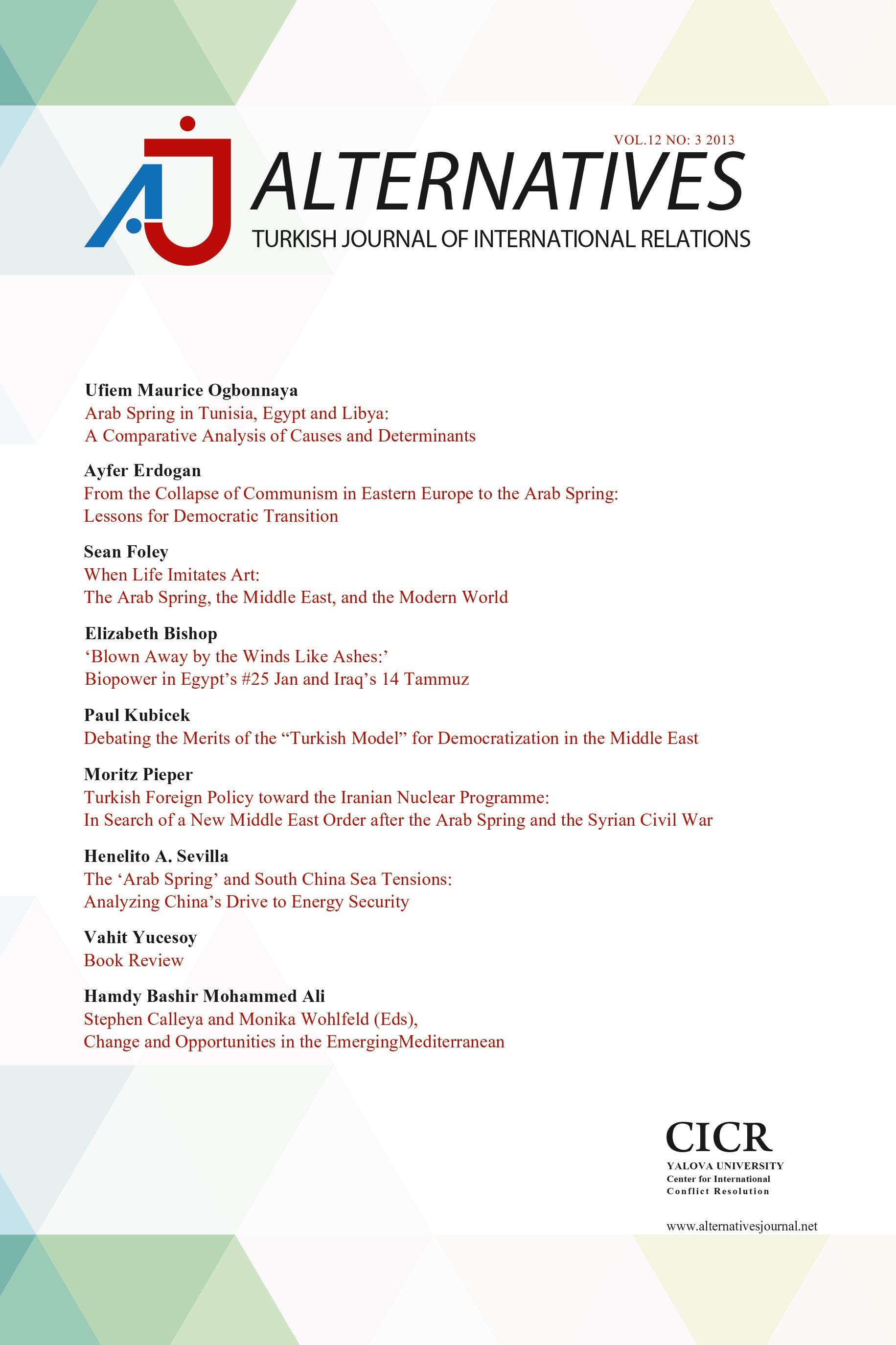Passive Globalization and the Failure of the European Union’s Lisbon Strategy, 2000-2010: Some New Cross-National Evidence
Passive Globalization and the Failure of the European Union’s Lisbon Strategy, 2000-2010: Some New Cross-National Evidence
The current paper investigates the cross-national relevance of dependency theory and world systemstheory for eight dimensions of development. The main emphasis is on indicators of sustainabledevelopment, and our essay comprises in all 36 main dependent variables. They are part of thedimensions of democracy, gender justice, high quality tertiary education, economic growth during theoutgone economic cycle until 2008 and projected economic growth after 2009, the environment,human development, employment, and social cohesion on a global scale by a new. Our 175 nationanalysis, using 20 main predictors of development tries to confront the very basic pro-globalistassumptions of the “Lisbon process”, the policy target of the European leaders since the EU’s LisbonCouncil meeting in March 2000 to make Europe the leading knowledge-based economy in the worldwith a “globalization critical perspective”. A realistic and politically useful analysis of the “Lisbonprocess” has to be a “Schumpeterian” approach. We analyze the “Lisbon performance” of the worldeconomy by multivariate, quantitative means, looking into the possible contradictions that might existsbetween the dependent insertion into the global economy and other goals of the “Lisbon process”.Lowering the comparative price levels and increasing the dependency from the large, transnationalcorporations, as correctly predicted by Latin American social science of the 1960s and 1970s, emergesas one of the most serious development blockades, confronting Europe. It also emerges that failing todevelop Europe’s own MNC headquarter status in the global economy has very negative effects ondevelopment performance. The increase in military expenditures, proposed in article 42,3 of the newEU Lisbon Treaty, is another stumbling block against development. We also present a concludingfactor analytical perspective, which again re-iterates the importance of avoiding a “race to the bottom”as an “alternative” in Europe.Key words: Lisbon process, European Union, Latin America, Dependency theory
Keywords:
-,
- ISSN: 2146-0809
- Başlangıç: 2002
- Yayıncı: Yalova Üniversitesi
Sayıdaki Diğer Makaleler
Economic Sanctions: A Panacea to Democracy and Good Governance in Zimbabwe?
Understanding Iran’s Foreign Policy: An Application of Holistic Constructivism
The European Union Foreign and Security Actions and the Western Balkans
The Liberian Truth and Reconciliation Commission: Reconciling or Re-dividing Liberia?
